When we study history, we might think of larger-than-life figures such as William the Conqueror and Napoleon or of crucial dates such as the French Revolution of 1789 or the Fall of the Berlin Wall in 1989. But it is also possible to look at history through the lens of microhistory and socio-economic processes, focusing on the daily lives of the people or communities that lived through the time. For the team behind the project Playing Maltese History, this lens was the starting point for their video game, Valletta: Streets of History.
Continue readingTourism in Valletta: have we gone too far?
Residents are generally willing to put up with the inconveniences caused by tourism because of its financial and reputational benefits. But is there a tipping point when tourism and leisure become unbearable? Having focused on Valletta as an urban planner, activist, and researcher, Dr John Ebejer warns against the risks of overtourism.
Continue readingBusting out of the box
Aesthetic physician and artistic consultant Dr Joanna Delia traces her journey from medical student to successful business owner, telling Teodor Reljić that her experience at the University of Malta helped her resist excessive industry specialisation.
Modern life is rigidly compartmentalised. Perhaps this is more true of the West than anywhere else, where the materialist, rationalist models that have aided efficiency and technological advancement also require us to absorb vast amounts of knowledge early on, and specialise later.
Many educational systems reflect this tendency and the Maltese model is no exception. From a very young age, exams come in thick and fast, and cramming to pass them replaces a more holistic education.
Dr Joanna Delia is not a fan of the word ‘holistic’—preferring the term ‘polyhedral’ for reasons that will be explained later—and has enjoyed a career trajectory that has flouted excessive specialisation. A doctor turned aesthetic physician with an interest in the world of contemporary art, Delia’s journey is an affront to such restrictive notions.

While she assures me that her own time at the University of Malta (UM) was nothing short of amazing, in recounting the roots of her intellectual curiosity, she is compelled to go even further back.
‘Like every excited little girl, my dreams used to alternate and metamorph somewhere between wanting to be a writer like Emily Brontë or Virginia Woolf and a scientist who would make incredible discoveries and change the world like Marie Curie,’ Delia recalls. ‘I also wanted to be a doctor who would cure people in war-torn countries, yet fantasised about being Alma Mahler or a young Chanel surrounded by philosophers, drenched in fine clothes and surrounded by white rose bouquets…’
Delia recounts this awareness that we’re shaped to view these inclinations as contradictory. But for her, the intuitive desire to learn about and closely observe scientific phenomena matched the heights of aesthetic appreciation.
Vella’s own student enthusiasm did not come as immediately as all that, however. While she is now secure in her three-pronged role as writer, performer, and translator (also acknowledging her former role as a lecturer), forging an early path as a student meant first squinting through the fog.
‘I just loved learning the science subjects… figuring out protein synthesis and DNA replication literally made me feel giddy, light headed, downright euphoric! I was a real geek,’ Delia says with disarming self-deprecation. ‘To me, it was just the same as reading an incredible work of literature or staring at a work of contemporary art alone in one of the silent, perfectly lit halls of a museum.’
Given this internal push-pull across various disciplines, Delia confesses that in terms of pursuing the later strands of her formal education, she ‘floated into medical school’ without feeling the need to strategise things much further. It was only upon graduation that the realities of being slotted into a specialised discipline dawned on her with an ominous pall.
‘The day I graduated I felt a suffocating feeling: the thought that I had somehow sealed my fate,’ Delia says, though the sense of regret which followed did not linger for much longer.
‘Looking at one’s future through a tunnel vision perspective based on the imaginary restrictions of one’s degree is just that a self-imposed illusion,’ Delia observes.
Her University years were active and inspiring, with Delia having happily taken on extra-curricular activities and also quietly rebelled against the notion of boxed-in specialised disciplines.
University and beyond
‘University was amazing! I would repeat those years ten times over,’ Delia unapologetically enthuses. Though she does acknowledge that the Medicine course was challenging to begin with—citing the ‘competition among students’ as an additional factor—she looks back on both her time there, and her association with the UM’s Medical School, with immense pride.
‘My lecturers were charismatic and experts in their field, which of course garners respect and made us feel honoured to be part of that system,’ Delia says, while also recalling her involvement in additional campus activities.
‘I was the chair of the environmental committee at KSU and served two terms as the Officer for the Sub-Committee on Refugees and Peace within MMSA. I loved my time on campus, and encourage all students to participate in campus affairs. We never stopped organising fairs, events, fundraisers, workshops, and outreach programmes with the community…’

Hinting at an essential discomfort with the idea of overbearing specialisation, Delia believes ‘the Maltese education system does not proactively encourage sharing knowledge’, but also notes that she did find hope, solidarity, and inspiration among her peers, from various faculties.’ I socialised with students from the architecture department, and attended their workshop parties. I was invited to history of art lectures and tours. I organised panel discussions to reduce car [use] on campus and lobby for [a] paperless [campus],’ Delia says. All these activities contributed to ‘a feeling of a hopeful future’.
Adjacent to Delia’s academic efforts were her course-related travels abroad, which contributed to expanding her horizons. ‘I did internships in Rio De Janeiro and travelled to India and Nepal through the Malta Medical Students’ Association (MMSA), both of which were incredible experiences.’ During this time, she gained a keener interest in art.
‘My sister was studying history of art and eventually read for a Ph.D. in Museology. I followed her as closely as I could; her subjects fascinated me and a lot of her excitement about art rubbed off on me…’
But first, her early medical career needed seeing to. Delia admits that medical students in Malta are somewhat privileged since they enjoy a relatively smooth changeover from academic to professional life. However, the change happens very rapidly.
‘Young doctors in Malta have the advantage of an almost flawless transition into a job. This also turns out to be the toughest time in your life, but at least there there is a continuity of support at the start of your profession,’ Delia says, citing the diligence and discipline instilled into her and her peers by their University tutors and lecturers. This rigour was crucial to ensure that those early years went on as smoothly as possible.
Pausing to reflect, Delia feels compelled to add that a culture that leaves more breathing room for exploration and enquiry could only be beneficial for the future of Maltese medicine. ‘I wish we had a stronger culture of research and publication in Malta. We need to somehow find time for it as it will not only improve the reputation of the institution but also nurture us as students, alumni, and professionals, and keep us on our toes,’ Delia says, adding that these ideas reflect the same culture of hard work that her course promoted, which rewards diligence and depth. ‘I believe in constantly keeping astride with knowledge by reading publications and actively pursuing ‘continued medical education’. I wish that the institution instilled more of this into its alumni,’ Delia muses.
This approach of constant enquiry arguably gave Delia a fount of knowledge and inspiration to draw from when she found herself at a forking road in her medical career.
Expanding horizons
”After a few years of working at the general hospital, I was lucky enough to be chosen to pursue some level of surgical training, but by that point I had realised that the life of a surgeon was not for me…’
This was an ‘extremely tough decision’, with regret once again raising its ugly head. ‘However, the 80-hour weeks, and above all the realisation that my professional life would be all about facing and treating ill and dying people, forced me to make a decision to leave the hospital,’ Delia says.
This pushed Delia to explore other careers, and she now juggles her love of both medicine and aesthetics in a sustainable way.
‘After I stopped working as a hospital doctor, there were too many things I was hungry to explore – one of them was medical aesthetics. I started pursuing training in London and Paris, and essentially spent years of salary training with the best doctors I could find.’

After working at a reputable local clinic, Delia finally managed to go at it independently, opening up her own place.
‘It was nothing short of a dream come true. I had to search hard within myself and build up entrepreneurial and management skills. I learnt the hard way sometimes, business-wise, but I was also fortunate to find help from my friends who excel in other fields like marketing, photography and architecture, to help me build my brand and clinic,’ Delia recalls.
In the end, her resistance to rigid specialisation helped her to open a thriving business called Med-Aesthetic Clinic People & Skin. She couples this work to her position as head of the Advisory Board at the newly-opened Valletta Contemporary, a boutique showcase for local and international contemporary art run by artist and architect Norbert Francis Attard.
Which brings her story back to a ‘polyhedral’ conception of the world.
‘I believe everything in life is polyhedral. I prefer polyhedral to ‘holistic’. Every square, or rather, every cube we think we’re trapped in, can be pushed out and reconfigured to welcome other disciplines. I don’t believe any of us purposely split the two fields, but I believe we don’t allocate enough time to explore all the wonders we could discover if we used both their lenses to analyse the world. After all, even Einstein believed that the most important thing in science is creativity…’
Conjuring the ultimate art space
Author: Dr Joanna Delia
Form follows function. This is the maxim that rules modernist architecture and industrial design: the shape of an object or building is determined by its use or purpose. Around 10 years ago, contemporary artist and architect Norbert Francis Attard embarked on a project that would see the two merge together in a perfect marriage.
Attard envisaged a space within Valletta’s walls that would serve as a focal point for anyone wanting to experience the world of contemporary art. He wanted a place where established and emerging artists could come together to trigger dialogue with the community and its visitors.
A few years and several permits later, three warehouses were purchased and transformed. Carefully-designed excavations and beautifully-proportioned internal apertures created triple-height spaces, interrupted only by lightweight steel stairs and floors, or glass railings. The result is a sublime canvas ready to bring art to life and inspire others.
Note: Valletta Contemporary (VC) is open from Tuesday to Friday and admission is free of charge. VC recently published its first book, Valletta Contemporary 001, which includes a compilation of VC’s 2018 exhibition program alongside all show catalogs.
Bursting the RRI bubble
Relationships are based on trust, communication, and mutual respect. The same can be said of Responsible Research and Innovation (RRI). Behind all the new ideas, it all boils down to a group of people, hailing from different walks of life, coming together to try and create a better future for everyone. At the fourth annual NUCLEUS conference, researchers, academics, science communicators, creatives, and business people flocked to the tiny isle of Malta to share their stories and attempts to embed RRI into their institutions and communities. As everyone settled in, dialogue flowed among delegates and the room was abuzz. University of Malta pro-rector Prof. Godfrey Baldacchino opened the conference with a question: How similar are universities and Valletta, the fortified capital that was hosting the conference? Having been constructed following Malta’s infamous Great Siege, the Knights encased Valletta in massive bastions, allowing only four small entry points. ‘Valletta is an island on an island,’ Baldacchino said. ‘Are universities the same? Are we trying to protect our own?’ The question had many heads nodding in response.
Most people in the room expressed a feeling of obligation to render knowledge more accessible, more relevant, and more digestible to a wider audience. But they encounter a myriad of challenges. Engaging with publics or policy makers isn’t easy. It means addressing different needs in different ways, sometimes even pandering to whims and flights of fancy. Most people noted issues with time, funding, and resources, calling for processes to be formalised. Others pointed to a lack of creative skills and, sometimes, general interest across the board. What also quickly emerged was frustration with the term RRI itself, creating confusion where there needn’t be any.
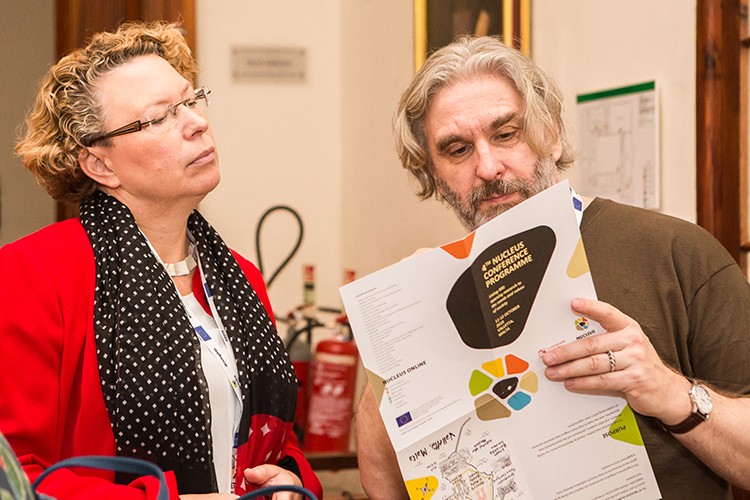
With all of these difficulties, however, came solutions. Dr Penny Haworth from the South African Institute for Aquatic Biodiversity, said that in her experience ‘we need to look at what universities are already doing and work smart. Win hearts and minds.’ University of Malta’s Nika Levikov also pointed out that ‘there are a lot of people practicing RRI who are not conscious of it.’ And for those who do not believe it to be a priority, for those who do not want to engage? ‘You have to set them aside and show them it is possible in a way they understand,’ says Zoran Marković from MISANU, Serbia.
Picking up Baldacchino’s thread on bringing down the walls of universities and research institutions, Dr Annette Klinkert from Rhine-Waal University of Applied Sciences in Germany summed up her main takeaway from all the discussions. ‘What we can learn here is that it’s time to burst the bubble in which we work. Especially this field of RRI. It is time to leave our cosy little community with our results.’ The results are the various projects that NUCLEUS has been championing over the past years, bringing research to its audiences. ‘All the projects are useless if they can’t merge and get out [into society and communities],’ she emphasises. ‘If they don’t merge, they’re pointless. It is time to burst the bubble.’
Author: Cassi Camilleri
The time for contemporary art is now!
Many feel that our country is changing at an unprecedented rate. Some would even say that it has become unrecognisable. Valletta Contemporary’s Dr Joanna Delia writes about the growing appreciation for contemporary art in Malta.
Continue readingHow will science judge Valletta 2018’s legacy?
Art and culture are often deemed to be the realm of the intangible, subject to their audience’s subjectivity. Now, however, a team of researchers have stepped up to challenge this notion.
Urban Utopia
Valletta is living proof that major cultural and artistic events can breathe new life into the city. When Malta’s capital was granted the title of European Capital of Culture for 2018, all hands were on deck to prune and preen, reversing decades of decay to make it ‘worthy’ of such a prestigious title. Now, after years of intense effort, the hard work has paid off. City Gate now provides an appropriately magnificent entryway into Valletta. Dingy, long-shuttered venues have been restored and reinvigorated. The once sleepy city has roared back to life with the wealth of events being organised. Valletta is no longer a stop on the hop-on hop-off bus; it is a bustling melting pot of old and new with an inescapable siren song.
This shift has created positive momentum in the arts scene. But not all outcomes have been positive. Valletta’s overhaul can look very different for the ones who call the city home. The burst of activities may have disrupted some people’s day-to-day business, while also contributing to the congestion and noise. The solution is in identifying ways to effectively balance the discomfort brought about by social change and the valued benefits that same change brings.
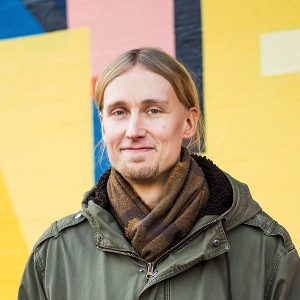
Finnish social activist, Jaakko Blomberg knows the struggle. He founded the NGO Yhteismaa (Common Ground) in Helsinki in 2012. Yhteismaa specializes in new participatory city culture, co-creation, and social movements. ‘In the beginning, many municipal officers in Helsinki were against our events and projects; they just didn’t have any procedure for handling them, so we kind of had to find a new way to do things.’ Leaving room for people to share their ideas and expressing themselves is also essential, he says. ‘There should be different kinds of roles and tasks for people to take on; all changes are scary, so it’s important to inform people and make them feel like they’re part of the process. For example, many people are prejudiced against street art, but when you explain more about it and give people the chance to take part in the process, their attitude becomes much more positive. Organisers have to provide enough information and make participation easy. It’s important that it’s not just about a small circle of activists, but about the whole community.’
Residents often felt ‘helpless and disowned of their spaces.
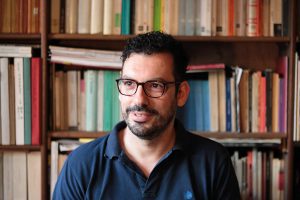
Closer to home, project leader of the Ġewwa Barra initiative, Victor Jacono, tells us how Valletta residents often felt ‘helpless and disowned of their spaces.’ Ġewwa Barra was created to address precisely that issue: to empower residents and give them ownership of their community, using artistic tools to get a glimpse at the cultures affecting their lives and help them express the needs and dreams that shape their experience in the capital city.
‘We seek to encourage creativity, but also responsibility. We hold creative workshops conducted by different facilitators and artists to give people the chance to look at themselves through the aesthetic lens of the artworks. Currently we are engaging the residents of Duwi Balli in a process of creative place regeneration, through a collaboration between architects Maria Cerreta and Franco Lancio, the Valletta Local Council, and the Valletta Services Directorate. It is not simply a matter of approaching the residents and asking them what nice things they would like us to do for them. It is a matter of asking them what they wish to express with our support, of providing them with tools and opportunities to respond creatively to the changes affecting their lived spaces,’ Victor says. In 2017 and 2018 Ġewwa Barra is going to extend its reach even further in order to involve residents from across the capital city, with different artists conducting a series of creative workshops that will culminate in an exceptional performing arts event.
Ġewwa Barra was created to […] empower residents and give them ownership of their community, using artistic tools to get a glimpse at the cultures affecting their lives and help them express the needs and dreams that shape their experience in the capital city.
While Victor is realistic about the forward march of change, he believes it is unjust and unacceptable that changes are engineered by a handful of stakeholders, whose decisions everyone else simply has to accept— especially when such changes are going to affect Valletta’s residents’ lives dramatically. Much like Jaakko with Yhteismaa, he believes that the fear of change can be lessened if people are informed and included in the process. ‘The voices of those stakeholders with lesser means need to be amplified and given the importance they deserve. The arts can contribute greatly towards this. Ġewwa Barra is not so much about single events, but the mainly bottom-up processes engaging the residents creatively. I believe it is the experiences brought about by such processes that will leave an important and long-lasting legacy with the inhabitants of Valletta.’
Jaakko Blomberg and Victor Jacono are keynote speakers at the Valletta 2018 conference titled Living Cities, Liveable Spaces: Placemaking & Identity. More information on this conference can be accessed at conference.valletta2018.org. Registration ends on 12th November. Discounted rates are available for students.
Audience matters
Valletta 2018 in collaboration with Arts Council MaltaContinue reading
Capital letters
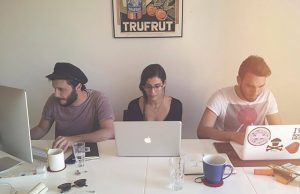
Valletta is being transformed into Malta’s vibrant cultural hub. With this welcome upheaval, however, the need to preserve the unique urban façades of the capital city’s old establishments has become critical.
Malta-based design group MaltaType is organising an exhibition on their study of shop sign production, as well as the typology and aesthetic of Valletta’s Strait Street signs, using them to create stylised prints of various shops.
The eponymously named exhibition will preserve the artefacts of Valletta’s modern history through a series of prints showing signs, shop fronts, and typography. The installation will lead from one room to the next, expanding on different aspects that constitute the process of designing and producing some of Valletta’s most iconic signs.
This project does not aim to emphasise reverting to past styles or practice, but to engender awareness of good design through historical study.
The exhibition is not intended to be a static event. Talks will focus on the history of design and the analysis of the aesthetic of the capital’s commercial establishments. Workshops will also take place, centring on the printing techniques used in the project. A main feature will be the launch of a newly-designed font created by MaltaType specifically for this event.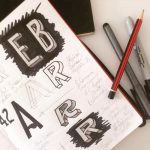
Preserving and studying past knowledge is key to generating innovative techniques. This project does not aim to emphasise reverting to past styles or practice, but to engender awareness of good design through historical study. Design is a rather young research topic in Malta, and a comprehensive study of local design is sorely needed as a baseline to build upon. The MaltaType exhibition is one such keystone.

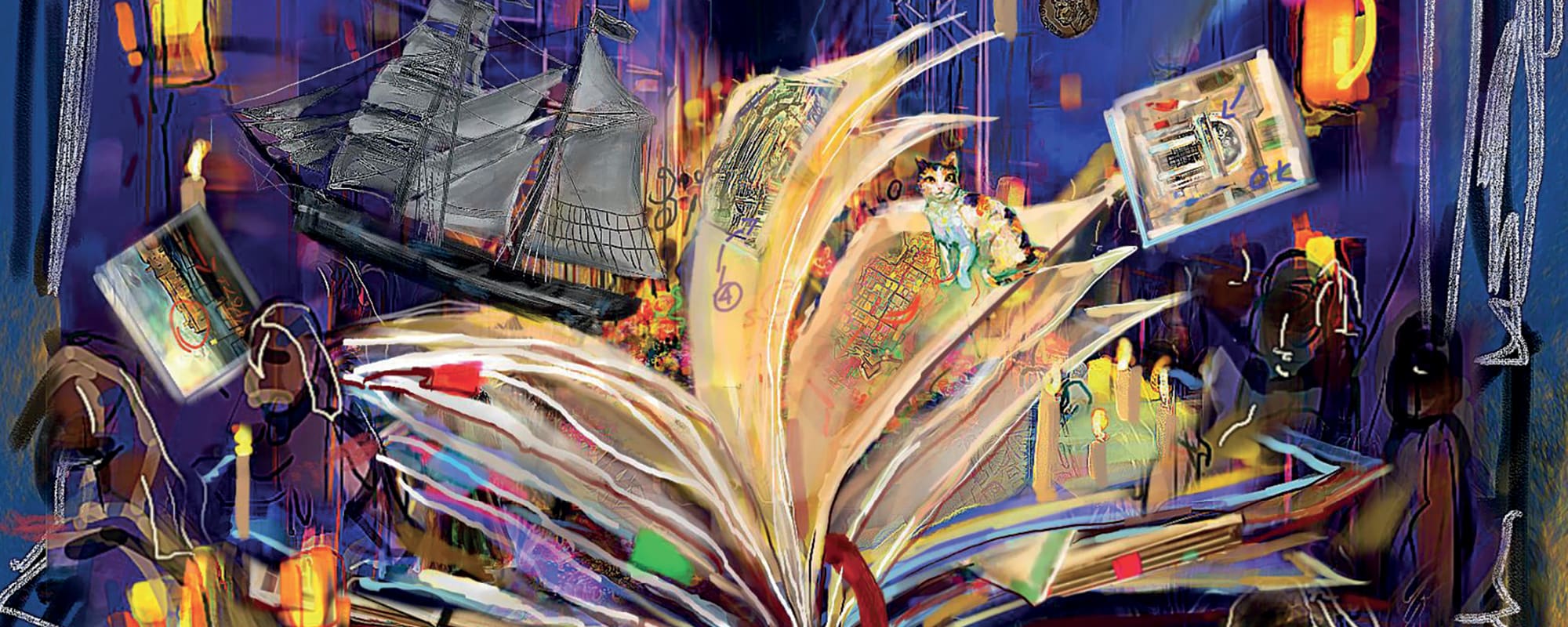

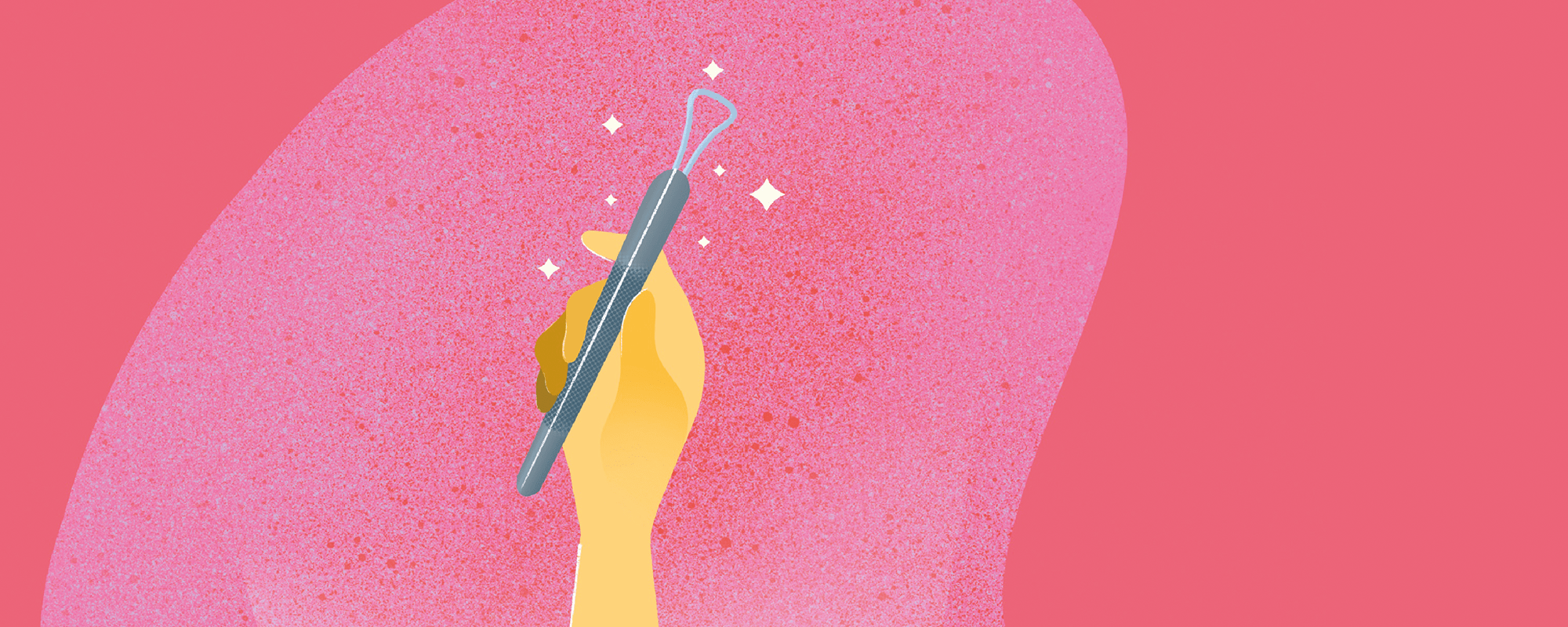
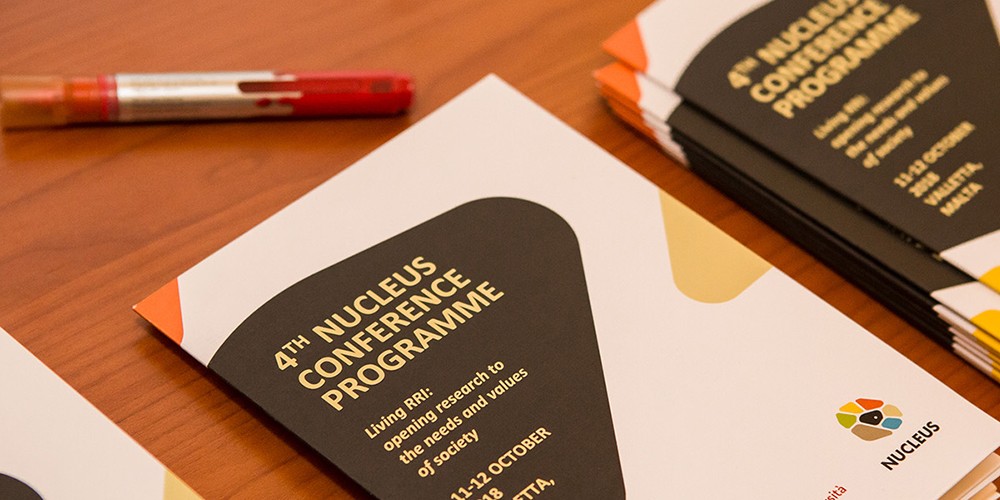
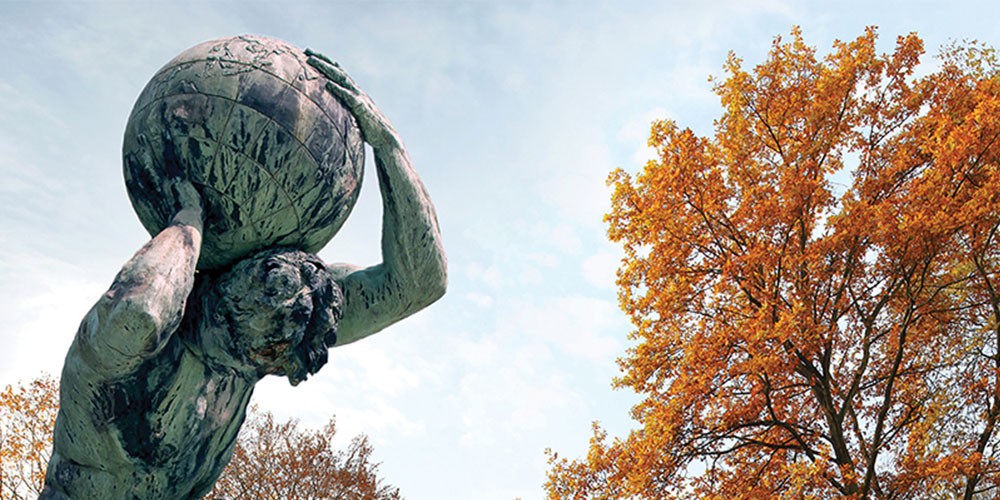
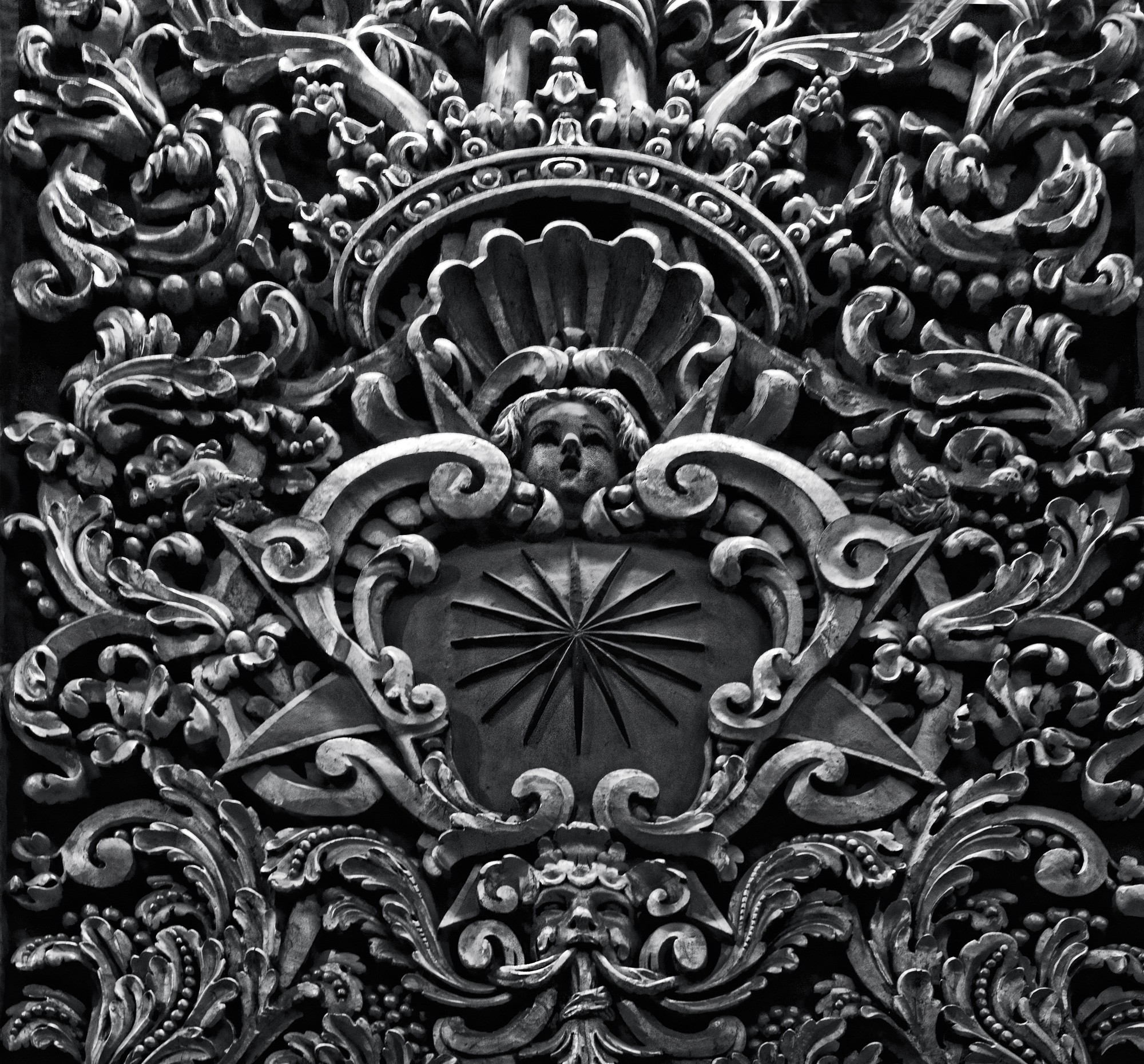
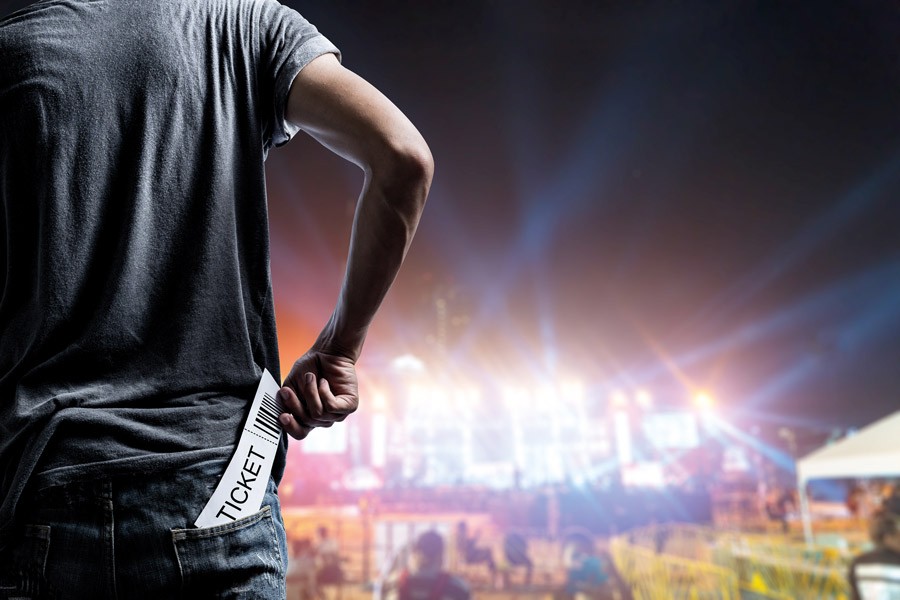
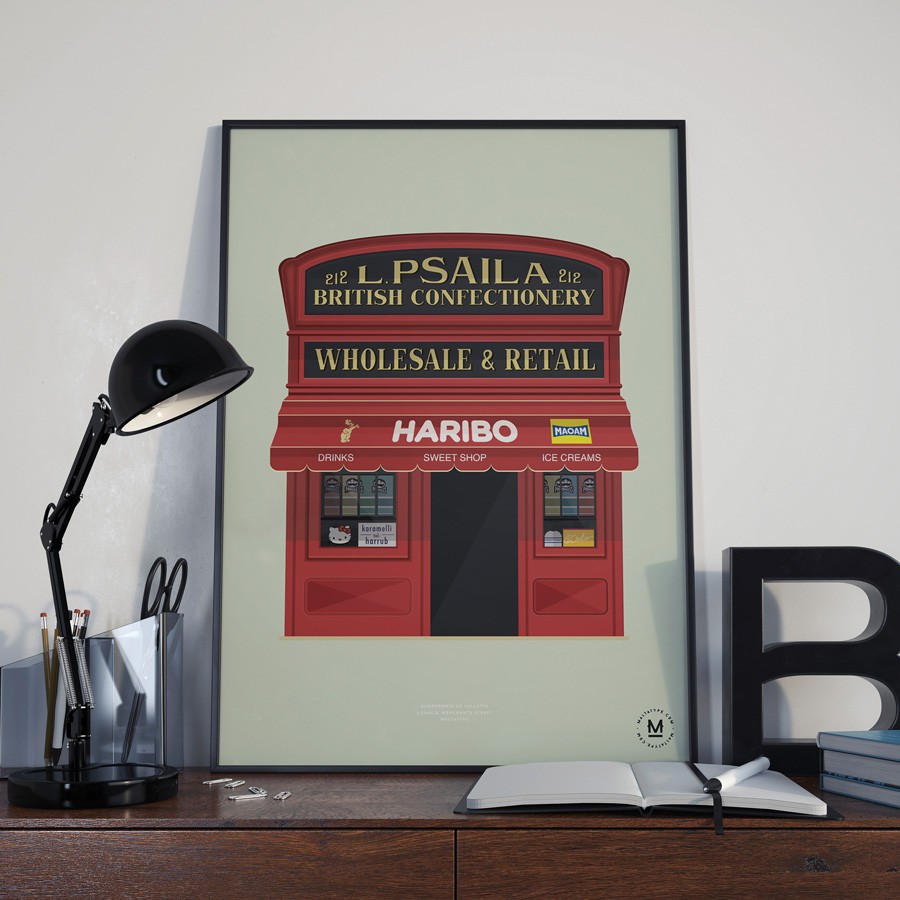
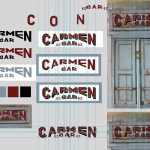 MaltaType will run from 25 May until the following Sunday at Splendid in Strait Street, Valletta. The project is part of the annual artistic programme of the Strada Stretta Concept, a Valletta 2018 Foundation project. The artistic director is lecturer Dr Giuseppe Schembri Bonaci (University of Malta), and the exhibition is curated by Nikki Petroni, while the MaltaType designers are Ed Dingli, Matt Demarco, and Katerina Karamallaki. For more information:
MaltaType will run from 25 May until the following Sunday at Splendid in Strait Street, Valletta. The project is part of the annual artistic programme of the Strada Stretta Concept, a Valletta 2018 Foundation project. The artistic director is lecturer Dr Giuseppe Schembri Bonaci (University of Malta), and the exhibition is curated by Nikki Petroni, while the MaltaType designers are Ed Dingli, Matt Demarco, and Katerina Karamallaki. For more information: